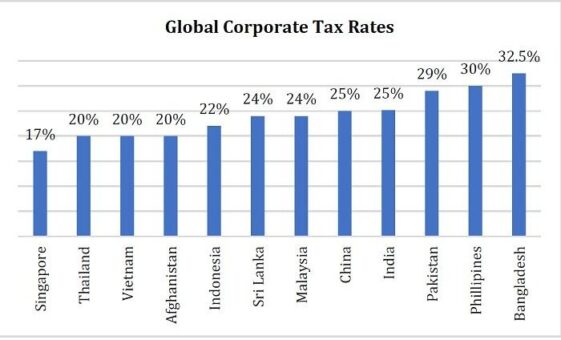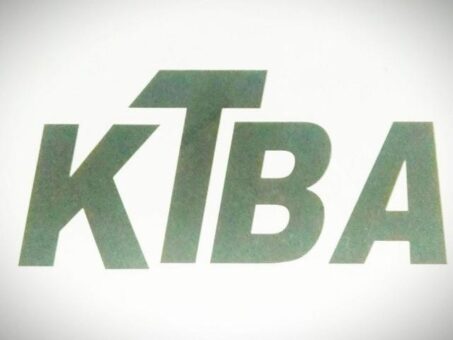KARACHI: Karachi Tax Bar Association (KTBA) has recommended the tax authorities to separate tax fraud investigations from normal audit and assessment function.
The KTBA in its proposals for budget 2022/2023 submitted to the Federal Board of Revenue (FBR), stated that tax assessment and tax frauds are two distinct things. But in Sales Tax law both powers are concurrently exercised by same authority.
READ MORE: FBR urged to remove irritants in sales tax refund
Segregation of two functions will result in efficient and focused assessment of tax by the tax officers resulting in increased revenue to the exchequer.
Two distinct authorities shall be provided in law for the purpose of assessments in audits/enforcement (under Section 11 of Sales Tax Act, 1990) and proceedings of tax fraud under section 2(37) of the Act, which involves doing tax evasion knowingly, dishonestly or fraudulently.
READ MORE: Unified sales tax law for all tax authorities sought
Preferably a dedicated Directorate may be established to determine tax frauds. This will objectively provide a distinction between the law abiding taxpayers and those who are engaged in tax frauds, the tax bar said.
The KTBA also recommended time limit to conclude audit proceedings.
Presently no time limit has been prescribed under the law to conclude the audit proceedings initiated under section 25 of the Sales Tax Act 1990.
However, apex court of the country has upheld that such audit is to be concluded within one financial year.
READ MORE: Proposals for recovery of sales tax on bad debts
Due to absence of any prescribed time limit, the audit proceedings are unnecessarily delayed for years and registered taxpayers are required to submit records multiple times.
It is proposed that a new sub- section or proviso be inserted in the Section 25 prescribing a time limit of one year to conclude the audit proceeding.
It will save time and cost of registered persons as well as tax officers.
Earlier, the tax bar proposed to remove irritants in issuance of expeditious sales tax refunds.
The tax bar said from July 1, 2019, FBR has implemented systems for expeditious processing of sales tax refunds, for which taxpayers are required to file Annexure H of the sales tax return. However, the registered persons have been facing challenges in filing of Annexure H.
READ MORE: Proposal for withholding on purchases from unregistered
Annexure H is required to be filed within 120 days from the date of filing of the sales tax return. This condition should be removed and registered persons be allowed to file Annexure H as and when considered feasible by him.
At present, opening balance of input tax on raw material / other items is allowed to be entered in Annexure H for the tax period July 2019 only. If a taxpayer fails to file Annexure H for July 2019 within the due date or extended date, then he will never be able to file Annexure H for any of the subsequent tax periods. This is against the natural justice and fair play.
Annexure H filed by the taxpayer is rejected by the system without highlighting any discrepancy or communicating the discrepancy to the taxpayer.
In case any taxpayer does not want to carry out cumbersome exercise of filing Annexure H on a monthly basis, then such taxpayers should also be given an option to file Annexure H on an annual basis covering the data from July to June each year.
READ MORE: Zero rate sales tax suggested for public welfare services
Due to lack of clarity and clear cut guidelines from FBR, the taxpayers are matching Annexure-H with Annexure-F which appear inconsistent with the Scheme of Stock Statement and Stock Statement maintained as per accounting records, for the Purchases actually claimed in the Sales Tax return (i.e. Current year + prior month purchases) are being reported, instead of Purchases for the month only.
Due to above, Stock Statement is not matched with taxpayer stock records / audited financial statements. Unless the shortcomings are addressed the objective of faster processing of sales tax refund cannot be achieved. “This would result in simplified process for the taxpayers,” the KTBA said.






